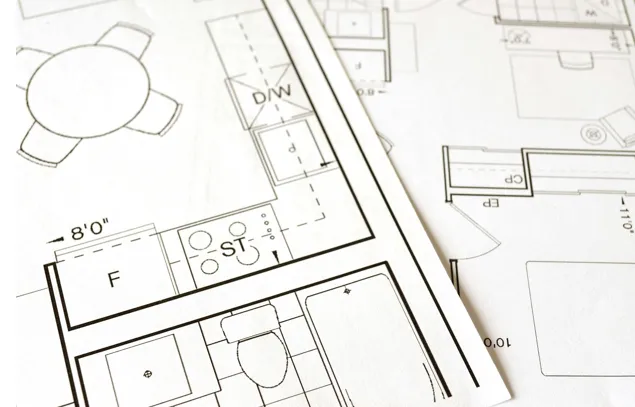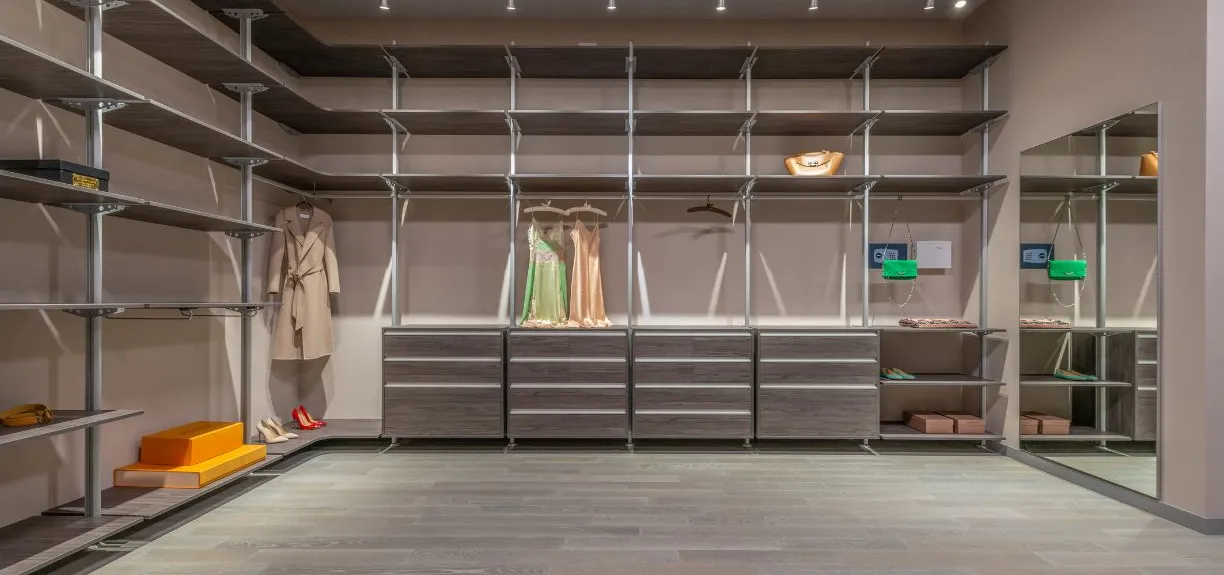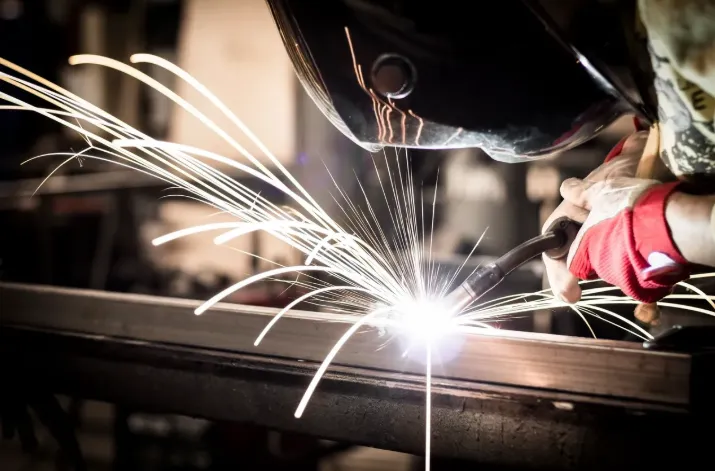Choosing the right home builder is one of the most important decisions when constructing your dream home. It’s not just about picking someone to build a house; it’s about selecting a partner who will bring your vision to life. From understanding your budget to ensuring quality craftsmanship, several key factors must be remembered. This article will walk you through five critical considerations to help you choose the right home builder for your project.
Contents
1. Reputation and Experience
When choosing a home builder, their reputation and experience are key indicators of what you can expect. A builder with a solid history of successful projects demonstrates reliability and skill. Start by researching the builder’s portfolio. Look for homes that match the style and scale of your project—whether it’s a custom-built luxury home or a more standard family residence. Ask the builder for references from previous clients and take time to contact them. What was their experience like? Did the builder meet deadlines? Were there issues with communication or quality? Online reviews on trusted platforms such as the Better Business Bureau or Angie’s List can provide additional insight. Builders with strong reputations will also likely receive industry awards or certifications, further validating their expertise. Experience in handling local building codes and regulations is also crucial, ensuring your project moves forward without unnecessary delays or complications.
2. Licensing and Insurance
All builders should be appropriately licensed and insured is critical in safeguarding your investment. Licensing indicates that the builder has met all the necessary local, state, or federal requirements to operate legally and to perform home construction. Each state has its own licensing rules, for example, new home builders in the state of Georgia must be familiar with the relevant laws in that state. On the other hand, insurance protects both you and the builder from potential financial risks. General liability insurance covers damage to your property during construction, while worker’s compensation insurance covers any injuries to workers on-site. Without these protections, you could be liable for accidents or property damage. Always ask for proof of licensing and insurance before entering into a contract. This due diligence protects you legally and indicates that the builder operates a professional and reputable business.
3. Cost and Budget
Understanding the cost of building a new home is essential, and selecting a builder who can work within your budget is vital. It’s essential to get detailed, itemized quotes from different builders before deciding. A thorough estimate should break down the costs for materials, labor, and any additional services such as site preparation or architectural fees. Avoid builders who give a vague or overly low estimate, as this can often lead to hidden costs down the line. Ask the builder about potential price changes due to market conditions, especially regarding materials. In today’s economy, prices like lumber or steel can fluctuate dramatically. A good builder will help you budget realistically and should be transparent about additional fees. Also, inquire about payment schedules—whether they require upfront or staggered payments at project milestones. Financial transparency is critical to avoid unpleasant surprises.
4. Design Flexibility
Design flexibility is another crucial factor to consider when choosing a home builder. While some builders specialize in more standard, cookie-cutter designs, others offer a range of customizable options to ensure your home suits your tastes and lifestyle. If you have a specific vision for your home, ask the builder how flexible they are with adjustments to blueprints or incorporating custom features. For example, you may want to modify a floor plan, add a unique architectural feature, or upgrade specific finishes. Ensure the builder is comfortable working with your ideas and willing to collaborate with architects or interior designers. Ask whether they use a design-build approach, where the builder is involved in both the design and construction processes, or if they prefer you to bring your design plans. The more adaptable a builder is, the more likely they’ll be able to create a home that aligns with your vision.
5. Warranty and After-Sales Service
A good home builder should stand by their work even after the project is complete, and that’s where warranties and after-sales service come into play. A solid warranty covers defects in materials, workmanship, or even structural issues that may arise after you move in. Most reputable builders offer warranties that last anywhere from one year for general issues to ten years for structural defects. Ask what is covered under their warranty and for how long. Beyond warranties, after-sales service is a key consideration. Will the builder be available to fix any issues after completion? Do they have a customer service team dedicated to addressing concerns quickly? A builder who offers comprehensive after-sales service shows they are committed to customer satisfaction and quality assurance long after the job is done. This extra layer of security can make all the difference when choosing a builder.
Conclusion
Building a new home is a major investment, and selecting the right builder ensures the process goes smoothly. By focusing on factors like reputation, licensing, cost transparency, design flexibility, and warranties, you can find a builder who meets your needs and shares your vision. Doing your homework upfront will help you make a confident, informed decision, resulting in a home that meets your expectations and exceeds them. The right home builder will turn your dream into reality, creating a lasting space you and your family can enjoy for years to come.









